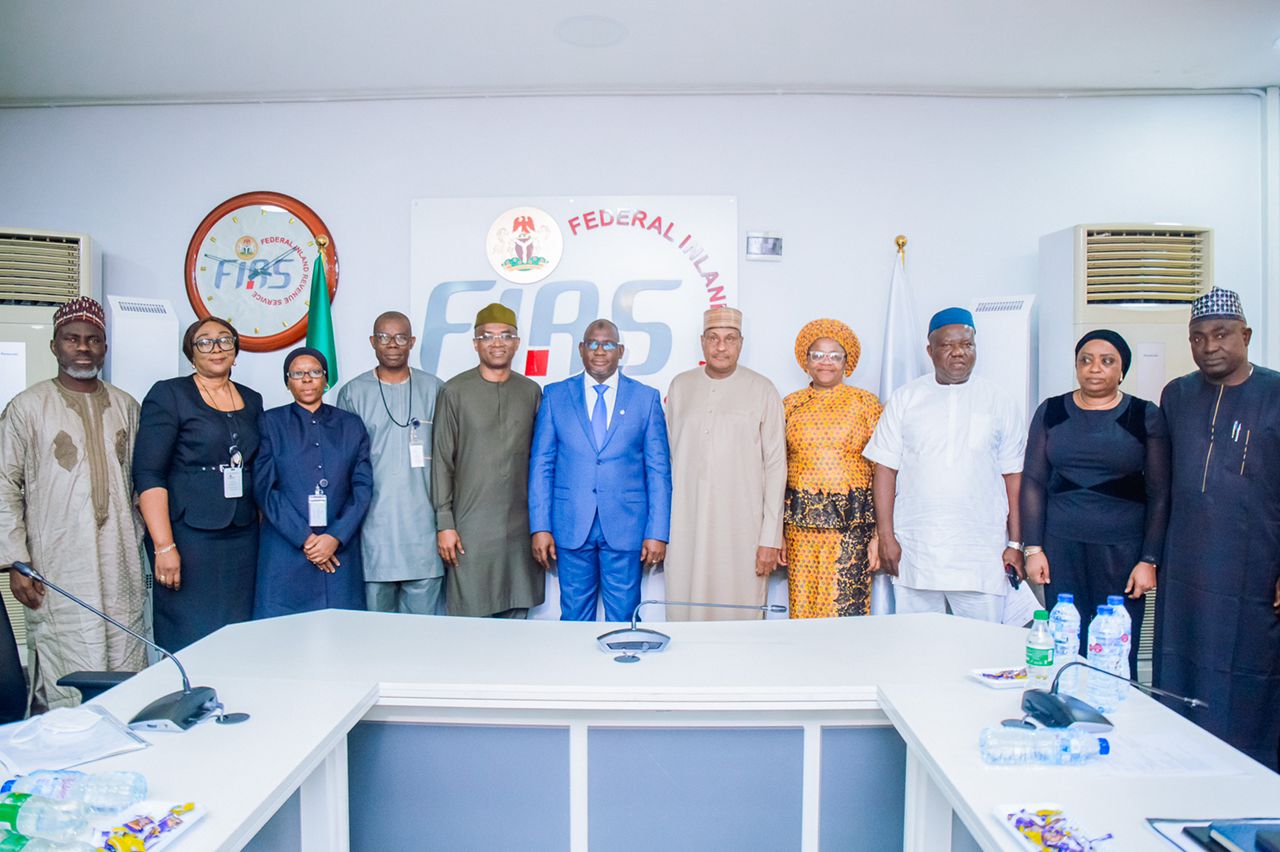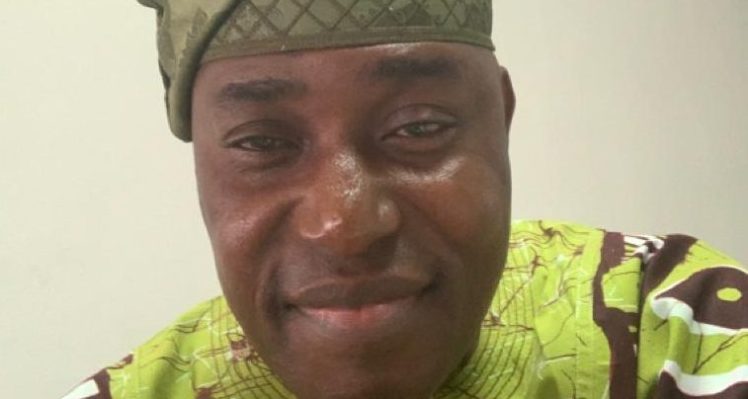Between Shagari and Buhari
By Dan Agbese
Email: [email protected]
SMS: 08055001912
The past has an uncanny way of catching up with the present. Here is a fine example. When he overthrew President Shehu Shagari at the end of December 1983, Major-General Muhammadu Buhari laid several sins at the door of the ousted civilian administration in his inaugural speech as head of state.
One was his alleged poor management of the national economy by the president. He said: “It is true there is world-wide economic recession. However, in the case of Nigeria, its impact was aggravated by mismanagement. As a result of our inability to cultivate financial discipline and prudent management of the economy, we have come to depend on largely on internal and external borrowing to execute government projects with attendant domestic pressure and soaring external debts, thus aggravating the propensity of outgoing civilian administration to mismanage our financial resources.”
Buhari is in his eighth and final year as a civilian president. In the past seven years he has not instituted a regime of “financial discipline and prudent management of the economy.” He did not manage to turn the economy from heading south. If anything, he has not shown more competence in its management than Shagari. He has failed to reflate the economy. The president has so far failed to cut a new path in the management of our national economy. He has continued to borrow to finance government projects, just as he claimed Shagari did. Indeed, he has borrowed more than each of the presidents before him. He has borrowed from China, France, Britain and other nations willing to chip into his begging bowl. He has thus managed to hang on the weak national economy a debt burden of 41 trillion Naira.
In a recent interview with Bloomberg, Buhari still claimed that the economy was doing much better than what he met on ground in 2015 when he assumed office. Economic experts have since debunked that claim. Fact checks by Legit.ng “showed that the Nigerian economy is far more under pressure than it has ever been.”
Legit.ng showed that when Buhari assumed office, inflation was in a single digit of 9.01 per cent. But from 2016, it hit double digits, rising to the May 2022 of 17.71 per cent. Rising food and other prices are clear indicators of how rough the economic situation is. The Debt Management Office showed that in 2015, the national debt was N8.8 trillion. As of May this year, that figure had gone through the roof and stood at N41 trillion. I am sure that before he leaves office next year, the president will borrow more and further burden the economy.
All the indications are that the man who criticised Shagari for the poor management of the national economy has failed so far to find the magic formula for righting the wrong in the behaviour of the economy. Under his watch, the economy went through two recessions. Under his watch, Nigeria is much poorer than it has ever been, forcing India to cede to it the crown as the poverty capital of the world in 2017. Some 88 million Nigerians live below the poverty. They are not living; they merely exist..
In his inaugural speech under reference, Buhari said that “corruption has become so pervasive and intractable that a whole ministry has been created to stem.” On his return to power as a civilian president, Buhari promised he would “kill corruption before it kills Nigeria.” He told Bloomberg that “corruption is less hidden for Nigerians feel empowered to report it without fear. Starting with our whistleblowing policy enacted in my first year in office, hundreds of millions in stolen funds have been returned within Nigeria.”
Here again, the past has caught up with the present as the president confronts “the moment of truth.” Corruption is not less; it is more. And it is killing the country. EFCC uncovered high profile corruption cases that speak poorly of the anti-graft war being prosecuted by the president. Take the case of the suspended accountant-general of the federation Ahmed Idris, whose statutory duty was to protect our common wealth. Instead, he chose to help himself to the money he was supposed to watch over and pocketed between N80-170 billion. No one has so far been accused of allegedly stealing so much money from our common purse. None of us expected that a public officer working under the president would have the courage to allegedly steal so much money and live in the laps of luxury at the expense of his fellow citizens being crushed daily by poverty and inflation.
The commission is not prosecuting him. It released on administrative bail. Is this a case of impunity? Or is the commission not allowed to touch the anointed? We find that difficult to understand. We thought the president would find this so offensive that he would his use it to revitalise the ant-graft war and stop corruption from killing Nigeria, at least under his watch.
For the first time in our recent memory the Chief Justice of Nigeria, Justice Tanko Mohammed, was forced to resign his exalted office under circumstances that leaves ashes in the mouth of the president. Fourteen justices of the Supreme Court signed a letter of protest against Mohammed. Again, this was unprecedented. They wrote: “We demand to know what has become our training funds, have they been diverted, or it’s a plain denial? We find it strange that in spite of the upward review of our budgetary allocation, the Court cannot cater for our legitimate entitlements. This is unacceptable.”
The letter has prompted the senate to investigate him on allegations bordering on corruption. So, we here are with the sad evidence that corruption is killing our dear country under Buhari’s watch and despite his anti-graft war.
Perhaps, the president needs to take a break from his frequent overseas travels and engage himself in the arduous task of determining his place in our national history. This is the time for him to spare some thoughts on his legacy. His legacy matters. Unfortunately, he does not seem to be doing much to carve a niche for himself. His records in office are looking more and more spotty. His patent failure to secure the country is a huge minus in his assumed claims that he would leave the country safer than he met it.
Bandits, kidnappers, armed robbers and sundry criminals still roam the land freely, making life short and brutish for communities and travellers. The Nigerian state, with its clear monopoly on the means of making the country and its people safe in their homes and on the roads seem to be absent. Nigerians cannot but continue to wonder what has become of the resources allocated to our security forces every year. You are not hearing it from me that the federal government has shown a crippling inability to carry out its number one constitutional duty of making the country safe.
The president’s mismanagement of our diversities leaves the nation polarised along ethnic and religious lines. It has also widened our traditional fault lines. The president has much to do to leave a legacy he can be proud of. The time may be short but there is time enough for him to make radical changes towards a more secure and more united nation and a reflated economy that is kinder to individual and public welfare.



